Osteopathy has an important role to play in helping people to manage their health and wellbeing. It is one of 14 Allied Health Professions recognised by the NHS in England and offers a flexible and rewarding career for those interested in supporting the health, wellbeing and performance of others.
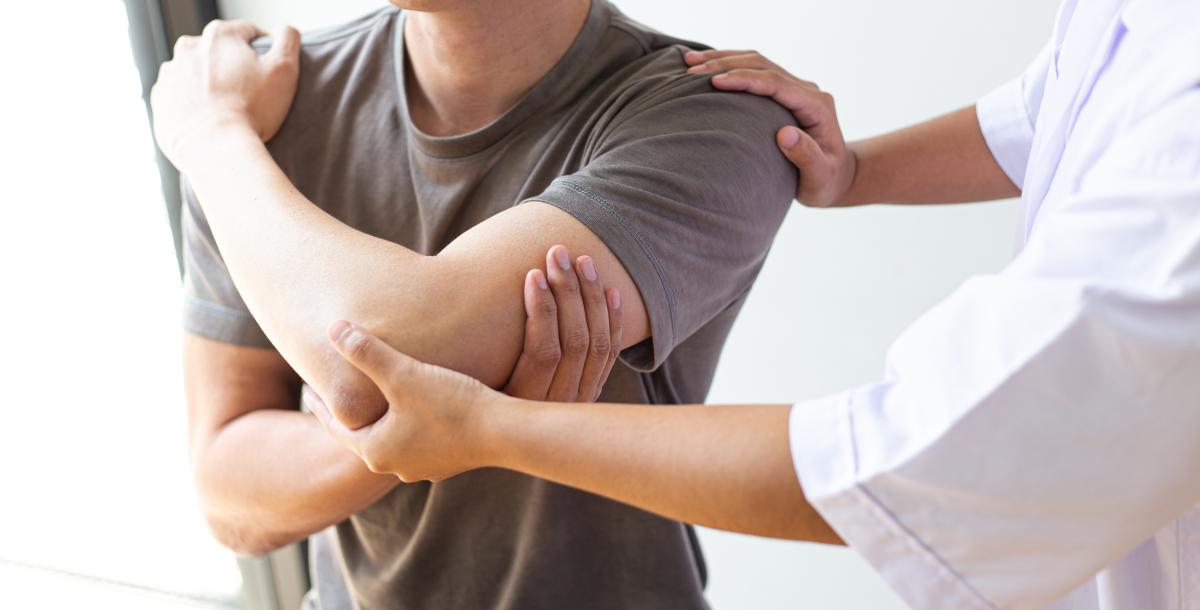
What is an Osteopath?
Osteopaths are highly trained professionals with particular expertise in the musculoskeletal system – the muscles, joints and their relationship with other systems of the body. Osteopaths often use manual hands-on therapy to help to improve mobility, relieve tension, increase blood flow and optimise physical function.
However, osteopaths do much more than that. It is often said that osteopaths treat people, not problems. As well as the patient’s physical symptoms, an osteopath will consider other factors that could be contributing to the problem, including other biological, psychological and social factors.
Often osteopaths will develop a treatment plan that combines manual therapy with advice around exercise, diet and lifestyle.
Health and wellbeing
Who do osteopaths treat?
People often visit osteopaths for back, neck, joint and muscle pain, for short-term issues such as sports injuries and for help with conditions such as migraines, headaches or digestive issues. But many patients visit osteopaths on a regular basis to help manage chronic conditions such as arthritis and to maintain their overall wellbeing. This is because osteopaths are highly people-focused, taking the time to understand every patient as an individual. Building long-lasting, health-improving relationships with patients is one of the pleasures of the profession.
Osteopaths may also work in areas such as professional sports, working to prevent injuries, improve performance and aid recovery when musculoskeletal issues occur.
Can anyone become an osteopath?
In the UK osteopathy is a regulated profession. This means that like other healthcare professionals including GPs and nurses, osteopaths need to have completed a certain level of training and must be registered with the General Osteopathic Council (the regulatory body for osteopaths) before they are legally allowed to work with patients.
They must also commit to professional standards and undertake regular training to refresh their skills in order to remain on the register.
Career Options
One of the great things about a career in osteopathy is the flexibility it provides. Once qualified you could take an Associate position in an existing practice or set up on your own if you wish to. Over time, many osteopaths establish their own practices and employ others to expand their services. Others work for professional sports organisations, for example as team osteopath. Some choose to work within the NHS, where osteopaths can often apply for the same positions as physiotherapists.
You may choose to work with a very broad range of patients but it is also possible to specialise or combine osteopathy with other interests – for example treating sports people, dancers, young children or even animals.
The good news is osteopathy graduates are currently in high demand and benefit from excellent employability rates.
How much will I earn?
This varies depending on where and how you choose to work. You may end up with a salaried position as an Associate or working within the NHS, but most osteopaths are self-employed, so their income is determined by how many patients they treat and what they choose to charge. The average osteopath works a 30 hour week, but others choose to work more or less than this.
The average osteopath treats 26.7 patients a week and charges an average of £52.01 per consultation, equating to an annual income of £74,645. 5% of UK osteopaths earn in excess of £100K (Institute of Osteopathy Census 2021).
If you are able to build a good patient list and work full-time your earning potential is much higher than if you opt to work part time.

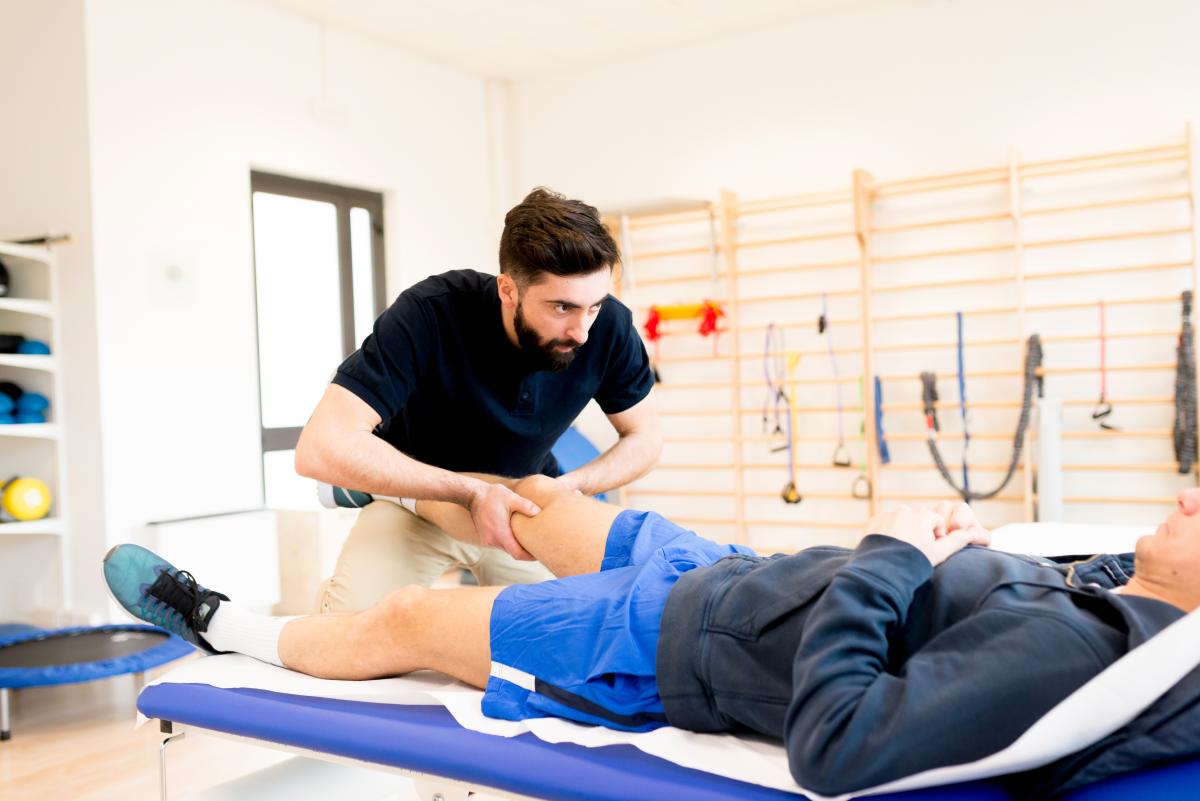
Our Osteopathy Courses
Training to become an Osteopath at Health Sciences University can be a hugely rewarding career choice.
Once qualified you could take an Associate position in an existing practice or set up on your own if you wish to. Over time, many osteopaths establish their own practices and employ others to expand their services. Others work for professional sports organisations, for example as team osteopath. Some choose to work within the NHS, where osteopaths can often apply for the same positions as physiotherapists.
You may choose to work with a very broad range of patients but it is also possible to specialise or combine osteopathy with other interests – for example treating sports people, dancers, young children or even animals.
The good news is osteopathy graduates are currently in high demand and benefit from excellent employability rates.

Why study at Health Sciences University?
The UCO School of Osteopathy at HSU has been training osteopaths for over 100 years and has established an international reputation as a leading provider of osteopathic education and research. As a UCO School of Osteopathy student you will be taught by a team who bring together a wealth of experience from their own osteopathic careers and will be following in the footsteps of alumni who now occupy leading roles within the profession. Our graduates are in exceptional demand amongst employers, and make up approximately 40% of osteopaths practising in the UK today.
As part of Health Sciences University you can also look forward to being part of a wider community of healthcare professionals, studying alongside students pursuing careers in other allied health and healthcare management disciplines. Our London campus provides easy access to everything the World’s Best Student City has to offer, as well as excellent connectivity to transport networks across the capital and further afield.
Whatever your level of study and experience, we have routes into the profession to suit all needs. Our mission to create a healthier society through education, research and clinical care has never been more important. Come and be a part of it.
Our Osteopathy Courses
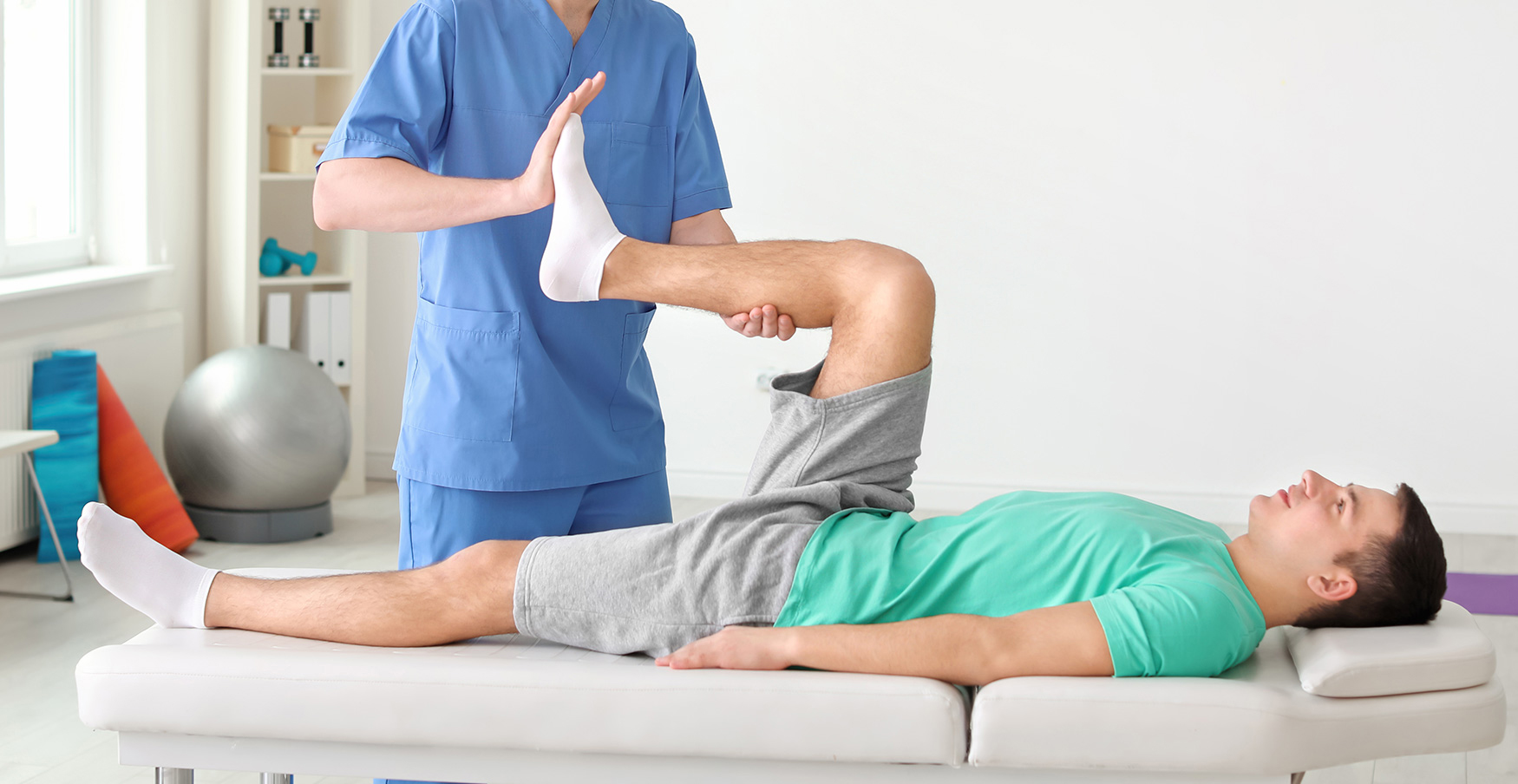
Join an Allied Health Profession offering excellent career opportunities in private practice and the NHS. Delivered by the UCO School of Osteopathy, the leading provider of osteopathic education in the UK for over 100 years.

This credit-bearing course will develop and enhance your knowledge, practical and clinical skills in the specialist area of paediatric osteopathic practice, and will provide you with valuable hands-on experience of working within Europe’s largest osteopathic clinic under the supervision of experienced osteopaths.

Take your first step towards a degree in a healthcare discipline with this nationally recognised award.

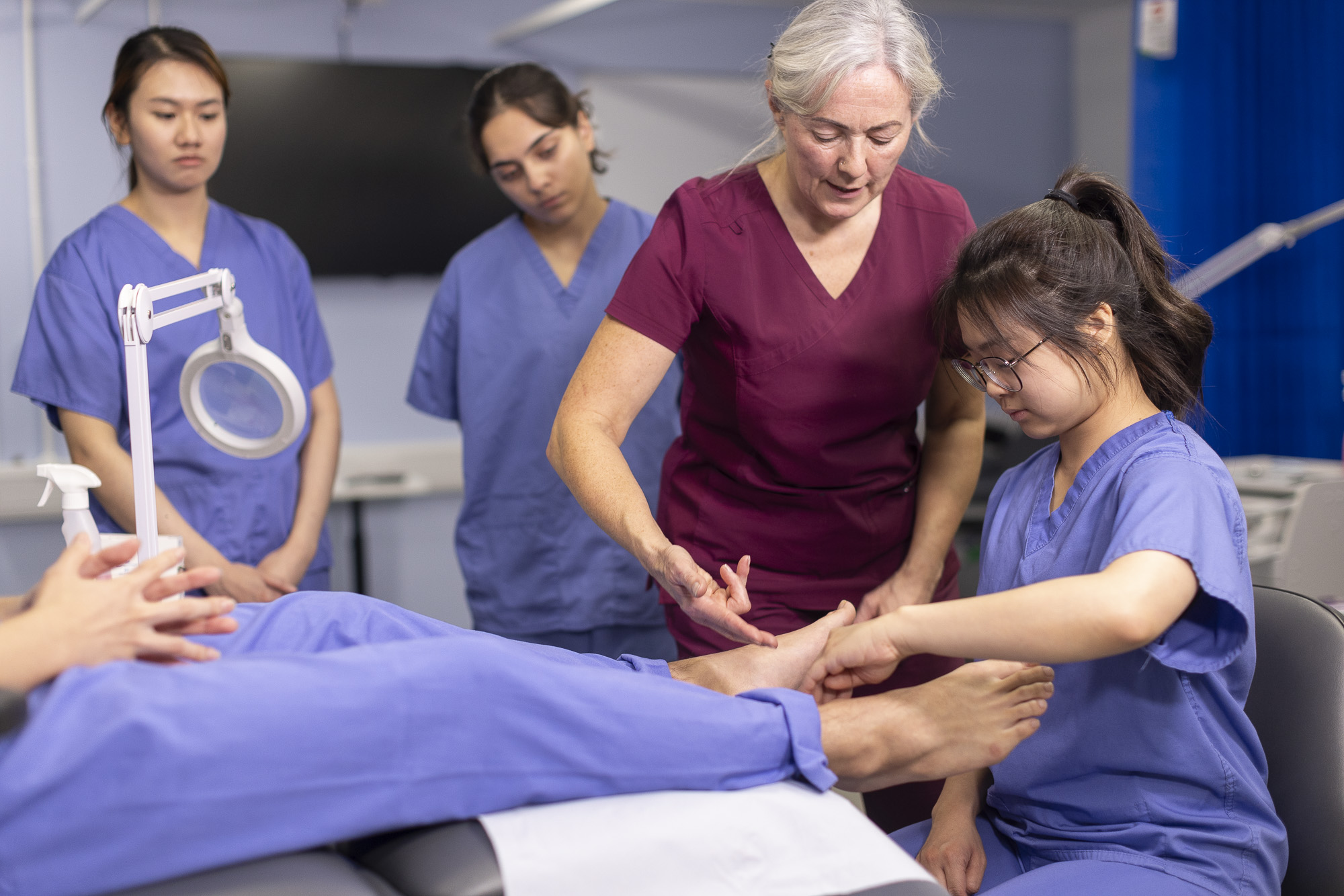
Looking for more subjects?
We offer health education undergraduate and postgraduate degrees and professional short courses in the fields of chiropractic, osteopathy, medical imaging and radiology, psychology and sport, exercise and health science. Visit the subject areas that interests you and register your interest on a course.
iO Convention 2025: Call for Abstracts – Education Stream
Health Sciences University is proud to lead the education stream for the 2025 iO Convention, co-organised with the Institute of Osteopathy (iO) and National Council for Osteopathic Research (NCOR)
News
Discover and read all the latest news, press releases and happenings here at Health Sciences University.

Discover Bee’s journey from the Czech Republic to Bournemouth and her experience studying Chiropractic at HSU.
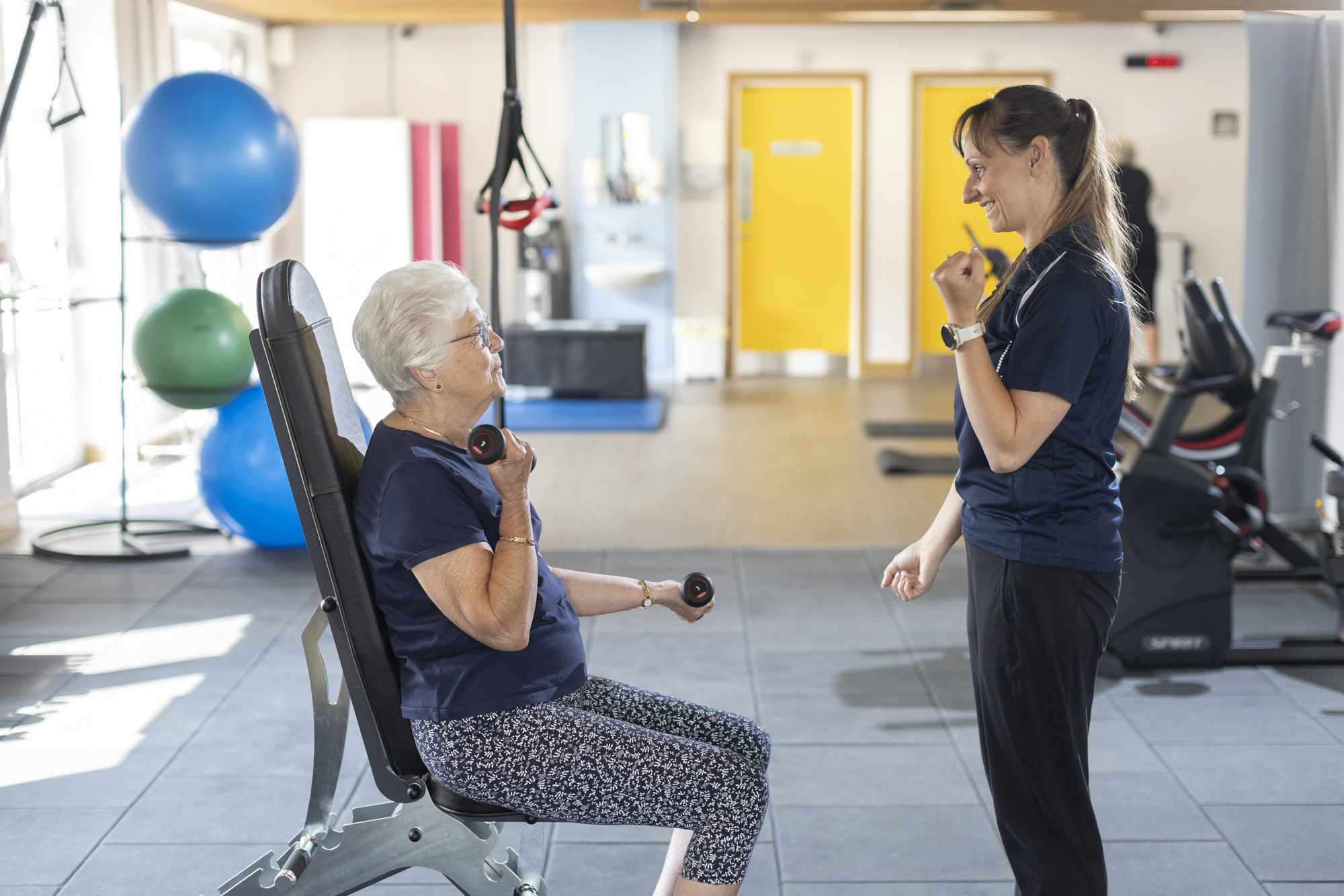
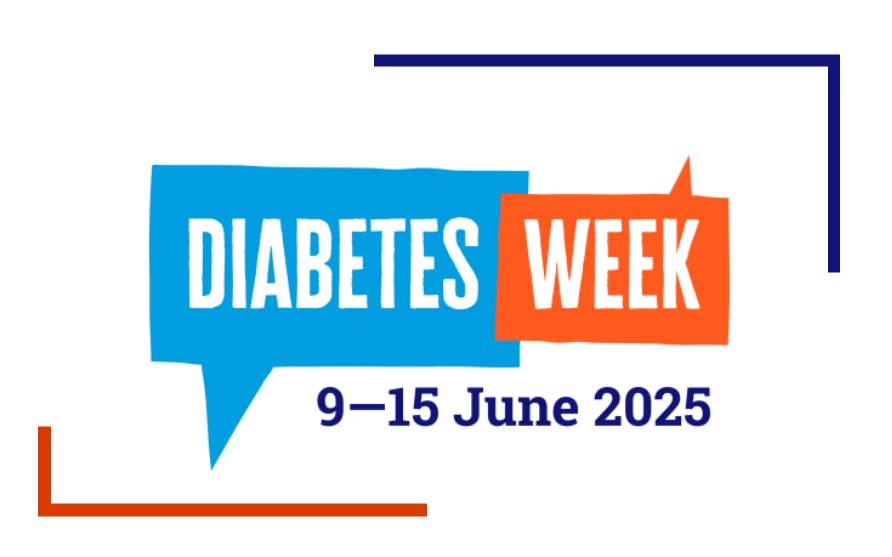
Diabetes affects foot health. Learn why checks matter and how HSU trains podiatry students to prevent complications.
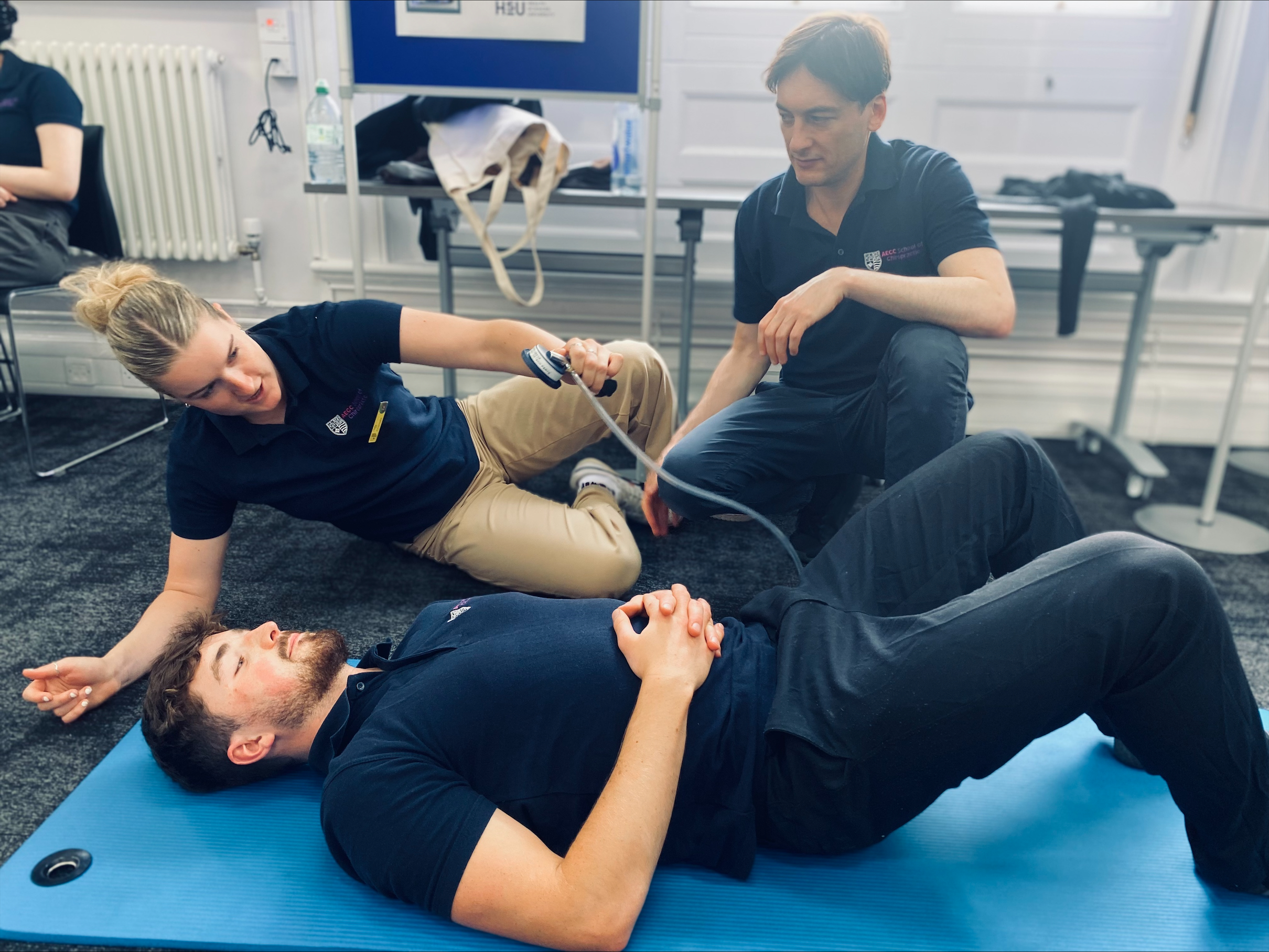
First-ever student-led Sports Placement Symposium celebrates clinical excellence, peer learning, and innovation in chiropractic education.

An immersive pilot week brought together 110 students from five allied health professions to collaboratively explore stroke care through simulation-based interprofessional learning, strengthening teamwork and patient-centred care skills.

HSU podiatry students supported runners at the 2024 TCS London Marathon, gaining real-world experience in foot care and injury treatment.
